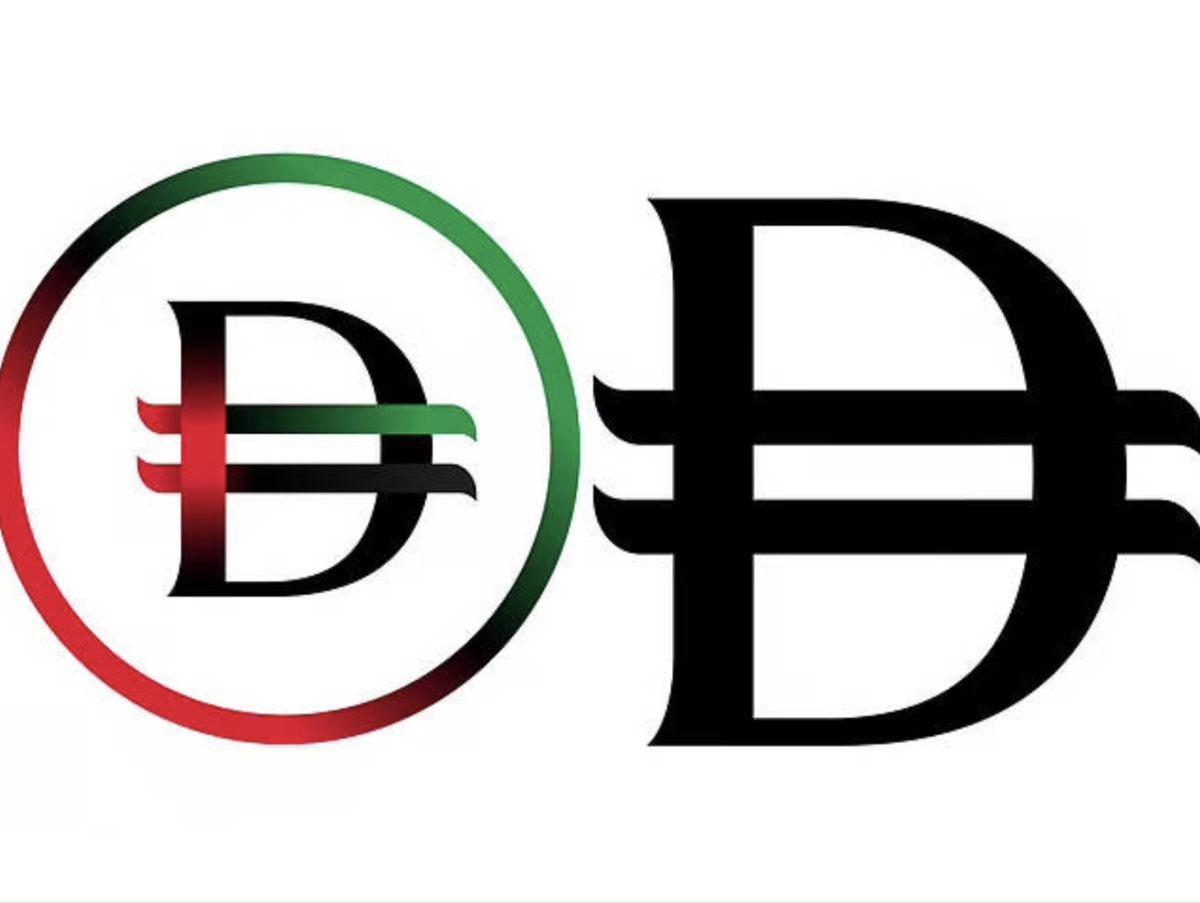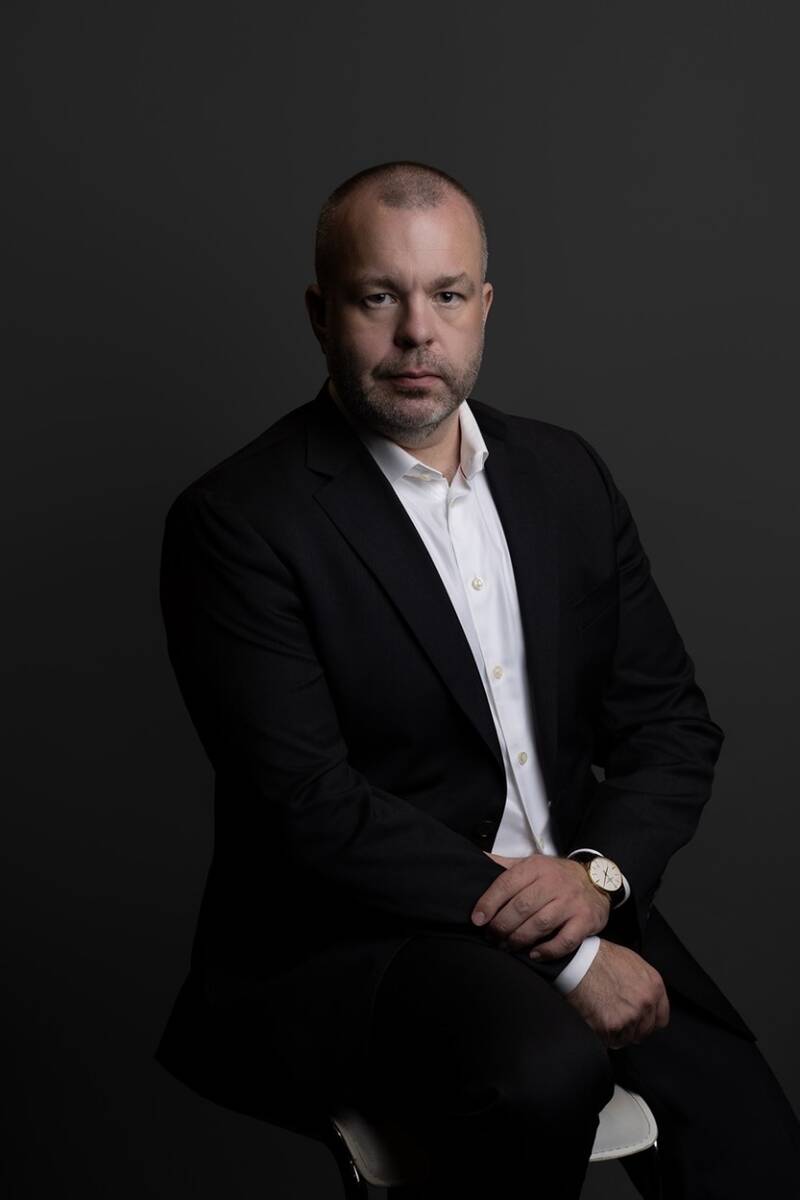RIYADH: Saudi Arabia’s startup ecosystem is gaining momentum, propelled by government-backed initiatives and an influx of investor interest. While the fintech sector remains a primary focus, emerging opportunities in artificial intelligence, enterprise systems, and small-to-medium enterprise investments are drawing attention.
As part of its Vision 2030 initiative to reduce its dependence on oil, Saudi Arabia is positioning itself as a regional hub for innovation, creating fertile ground for startups and attracting significant venture capital flows.
Why fintech?
Tushar Singhvi, deputy CEO of Crescent Enterprises and head of its investment platform, CE-Ventures, discussed the enduring potential of the fintech sector in an interview with Arab News. He pointed to the Kingdom's robust national strategy, which aims to establish 525 fintech companies by 2030, as a key driver behind sustained growth.
“Saudi Arabia’s fintech sector is set for sustained growth, driven by a clear national strategy to have 525 fintech companies by 2030,” Singhvi said.
In 2023, Saudi Arabia captured 58 percent of all fintech venture capital in the Middle East and North Africa. Singhvi also highlighted pivotal moves like the acquisition of Tweeq by Tabby and the launch of Samsung Pay, both of which support Saudi Arabia’s goal of becoming a cashless society.
“These efforts position Saudi Arabia as a leader in fintech innovation, making the sector highly attractive to investors,” Singhvi stated.
He added that this fintech momentum is aligned with the broader push for economic diversification. Vision 2030, Saudi Arabia’s ambitious roadmap for its post-oil economy, is channeling investments into long-term growth sectors like fintech, logistics, and healthcare.
“Investors are focusing on sectors with long-term growth potential, like financial services, healthcare, and renewable energy,” Singhvi said, emphasizing a rising interest in ESG-aligned investments that prioritize sustainability and social impact.
The fintech sector’s growth is further accelerated by the relative underdevelopment of traditional financial services in the region, according to Khaled Talhouni, managing partner at Nuwa Capital. He noted that the services available to both consumers and businesses from traditional financial institutions remain limited compared to the maturity of the overall economy.
“The availability and depth of services to both consumers and firms from traditional financial institutions like banks remains woefully under-developed relative to the maturity of the overall economy,” Talhouni explained.
This gap presents significant opportunities for fintech startups. However, Talhouni anticipates market consolidation, with smaller companies potentially being acquired by larger players. “I do suspect some consolidation in the space with smaller players folding into larger ones,” he said.
The rise of AI
AI is another area where Saudi Arabia is positioning itself for major growth. Singhvi pointed to the partnership between the Saudi Data and Artificial Intelligence Authority and NVIDIA to build one of the largest high-performance computing data centers in MENA.
“Saudi Arabia is rapidly aligning with global AI trends, aiming to be a top 15 AI leader by 2030,” Singhvi explained. Along with such investments, there is a concerted effort to build a skilled workforce, ensuring that the Kingdom can adopt AI and enterprise technologies to fuel its digital transformation.
Talhouni, however, sees the real opportunity for startups in integrating AI into day-to-day business operations rather than in large-scale AI infrastructure.
“Rather than investing in AI infrastructure/LLMs (large language models) etc., startups will incorporate AI into their normal course of business naturally across the region,” he said. “AI will become embedded in the offerings of all startups,” but he does not expect many companies in the region to invest deeply in large-scale AI or deeptech, except for specific use cases.
Talhouni emphasized that AI will likely serve as an enabling technology, integrated into existing business models, rather than being the primary focus for most startups.
Shifting focus
Singhvi anticipates a shift in investor attention toward enterprise systems as Saudi companies scale up and strive for global competitiveness. He highlighted that enterprise software will play a pivotal role in the Kingdom’s broader digital transformation efforts.
“We are seeing more and more SaaS (Software as a Service) companies emerge from the region and the Kingdom,” Talhouni observed. However, scaling such businesses can be challenging, given the relatively small number of large companies in the region. “SaaS/Enterprise requires a large number of firms and a relatively large economy to flourish,” he said. Despite these hurdles, Talhouni noted that niche opportunities exist for creating regional champions in the sector.
Why not oil and gas?
While the oil and gas sector has traditionally been the cornerstone of Saudi Arabia’s economy, it poses significant challenges for startups. Singhvi explained that the sector’s complex regulations and high capital requirements create barriers to entry for smaller companies. Established industry giants dominate research and development, making it tough for new players to break into the space.
“The oil and gas sector’s complex regulations and high capital requirements create significant barriers for startups,” Singhvi said.
However, Singhvi noted the growing opportunities for energy-tech startups, particularly those focused on digital transformation and sustainability, through partnerships with oil and gas companies.
“There has been a rise in strategic collaborations between oil and gas companies and energy-tech startups, which is accelerating the shift toward digital innovation,” he said.
Talhouni offered a broader perspective, suggesting that much of the innovation in the oil and gas sector requires specialized research and development infrastructure, which the region still lacks.
“Most innovation in the oil and gas sector is in engineering, material science, and deeptech,” he explained, adding that these fields require strong research-driven universities and a grant system, which are not yet widespread in the region.
“Unlike consumer internet startups that require, as an example of the opposite side of the spectrum, much easier entry with existing cloud infrastructure and limited technical/research-driven processes required,” he added.
This, he believes, makes it harder for new startups to break into the oil and gas industry, compared to the more accessible fintech sector, where cloud infrastructure allows companies to scale with fewer resources.
The growing SME sector
According to Ibrahim AbdelRahim, managing partner at Moonbase Capital, Saudi Arabia’s SME sector has experienced impressive growth, largely driven by government support and Vision 2030 initiatives.
“As of the fourth quarter of 2023, the number of SMEs in the country reached 1.31 million, reflecting a 3 percent quarter-on-quarter increase,” AbdelRahim noted, referencing a report by the General Authority for Small and Medium Enterprises.
This marks a staggering 179 percent increase in SME numbers over the last eight years. While most of these SMEs are micro-sized, they are well-positioned for further growth.
AbdelRahim also highlighted the rising interest in search funds, a new asset class in the region that aligns well with Saudi Arabia’s economic landscape.
“Many investors are eager to diversify their portfolios with search funds due to their potential for steady returns that surpass those of real estate investments or forex trading,” he said.
Moonbase Capital, one of the pioneers in search funds in the region, has seen growing interest from high-net-worth individuals and family offices in Saudi Arabia.
From an entrepreneurial perspective, AbdelRahim believes search fund-backed ventures will thrive in the coming decade, thanks to the rapid growth and transformation of the SME sector.


































